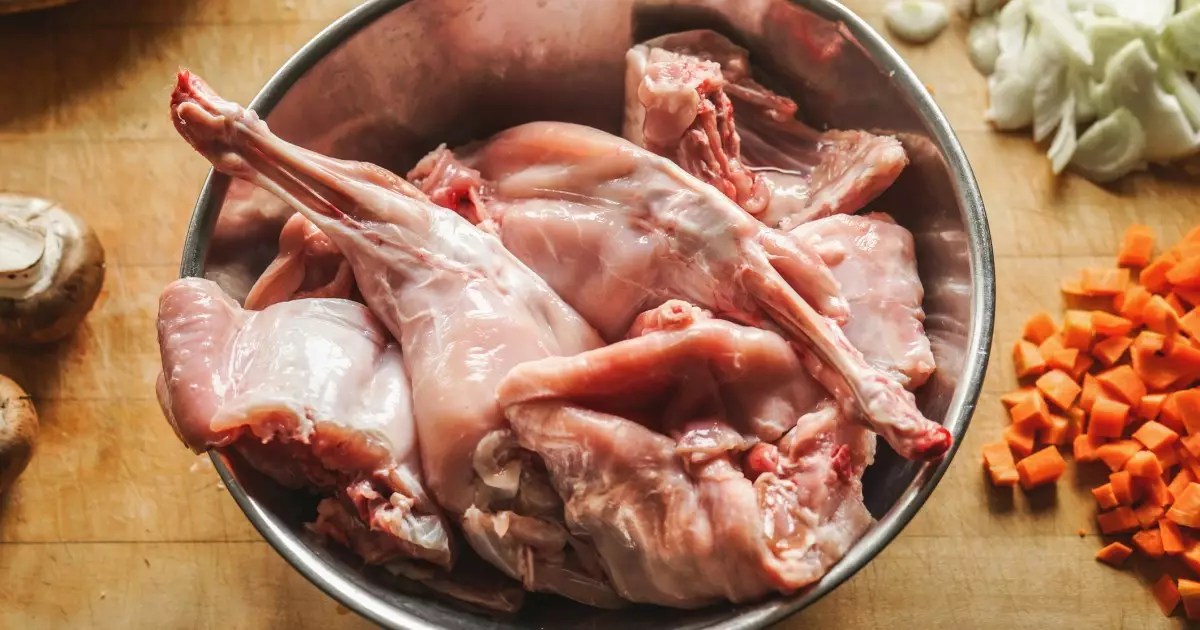When considering dietary changes for our dogs, the question of whether they can consume rabbit meat often surfaces. This curiosity isn’t unfounded; many pet owners are seeking fresh, protein-rich alternatives to conventional dog foods. The reality is that rabbit is not only safe for dogs but is also a remarkable source of nutrition that many may underestimate. With its lean composition, rabbit meat offers a wealth of benefits, particularly for dogs that require a low-fat diet.
Rabbit meat is categorized as white meat, which means it contains significantly less fat compared to red meats. For pet owners grappling with a dog that needs to shed some extra weight or maintain a healthy figure, rabbit can serve as a delicious and satiating option without the caloric overload. Furthermore, it boasts a higher protein content than many other meats, providing dogs with essential amino acids crucial for muscle development and energy.
The Value of Novel Proteins
One particularly compelling reason to include rabbit in your dog’s diet is its classification as a novel protein. For dogs with allergies or sensitivities to more common proteins like beef or chicken, rabbit can be a game-changer. Incorporating novel proteins can often alleviate issues such as skin irritations or gastrointestinal distress, making it easier to identify and eliminate allergens from a dog’s diet.
However, as with any dietary introduction, it is paramount to consult with a veterinarian before making any decisions. They can provide guidance tailored to your dog’s specific health needs, ensuring you don’t inadvertently provoke any sensitivities during the transition.
Preparation: The Key to Health and Safety
Offering your dog rabbit meat is only beneficial if it is prepared correctly. Sourcing rabbit from reputable suppliers is crucial—this means away from your backyard unless you are experienced in safe food handling and preparation. Fortunately, there are plenty of trustworthy sellers and recipes available online that cater to dog-safe practices.
Cooking rabbit is simple; methods such as boiling, roasting, or lightly sautéing ensure the meat remains safe for consumption. It’s vital to avoid adding seasonings or oils, as they can upset your dog’s stomach and negate the health benefits that rabbit brings. If you’re considering a raw meat approach, tread carefully; raw rabbit may introduce issues like stomach upset unless your dog is already accustomed to this type of diet.
A rare concern to be aware of is tularemia, also known as rabbit fever. While this bacterial infection is extremely rare in dogs, monitoring your pet for unusual behaviors or digestive issues after introducing new meat is wise.
Ultimately, switching to rabbit could transform your dog’s dietary experience, contributing positively to their health while providing a unique flavor profile that can invigorate mealtimes. By staying informed and vigilant, you can ensure that your pup enjoys all the delightful perks of this exceptional protein source.

